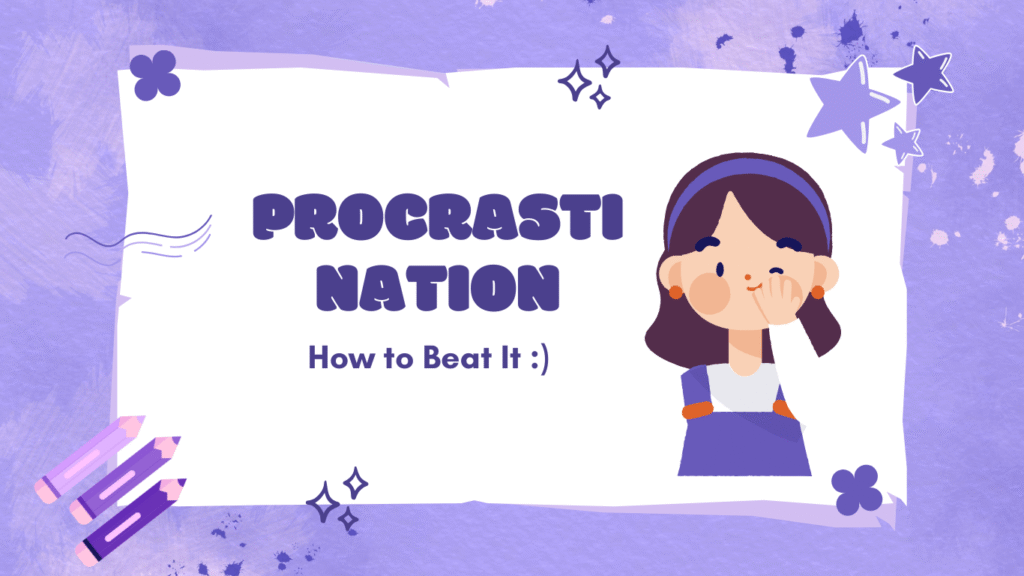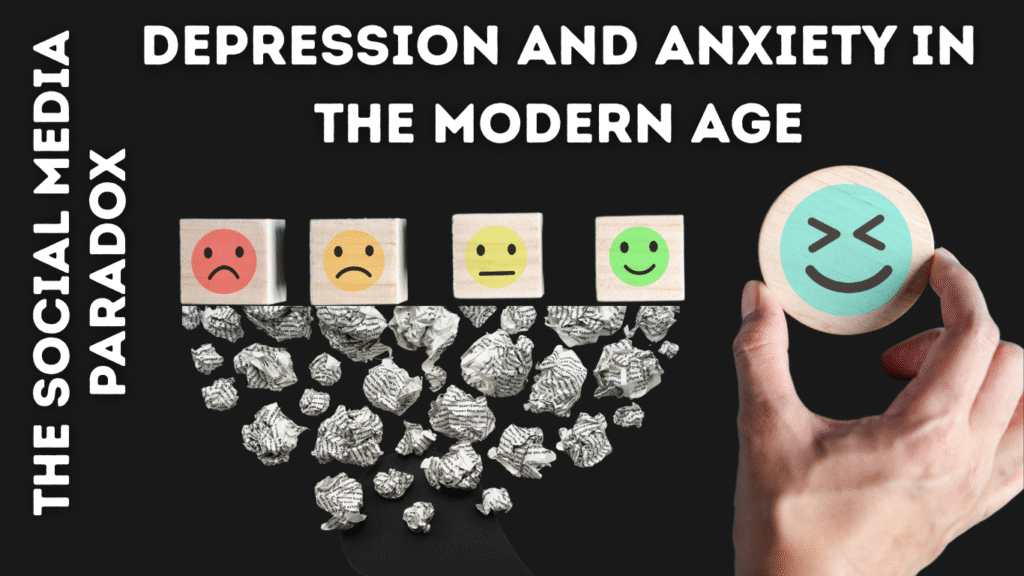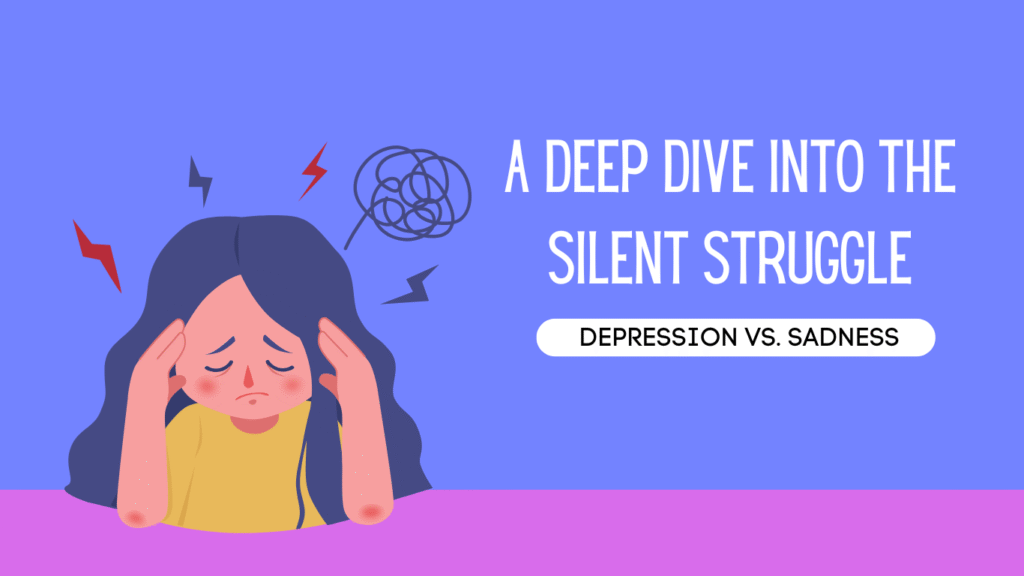Procrastination is something nearly everyone struggles with, yet few truly understand. Whether it’s delaying work tasks, avoiding daily chores, or putting off important decisions, procrastinating can negatively impact your productivity, mental health, and goals.
In this article, we’ll break down the psychology of procrastination, explore why we do it, its deeper meanings, and most importantly—how to stop procrastinating for good.
📌 What is Procrastination?
Let’s begin with the procrastination definition. Simply put, procrastination means delaying or postponing tasks that need to be done. The procrastination meaning is often misunderstood—it’s not just laziness; it’s a psychological behavior rooted in deeper emotional causes.
What does procrastinate mean?
To procrastinate is to voluntarily put off something despite knowing there will be negative consequences.
So, what is procrastination, and what is a procrastinate or procrastinator?
– A procrastinator is someone who habitually avoids tasks or delays responsibilities.
– The procrastinator meaning often involves emotional regulation issues like fear, anxiety, or self-doubt.
🧠 Why Do We Procrastinate?
You might ask, why do I procrastinate so much? or what causes procrastination?
The answer lies in a mix of psychological, emotional, and behavioral factors, including:
1. Fear of Failure
People avoid tasks when they fear they won’t succeed, so they delay starting to protect their self-esteem.
2. Perfectionism
Wanting everything to be perfect can be paralyzing. The higher the standard, the more likely you are to procrastinate.
3. Lack of Motivation or Energy
Low energy or burnout leads to procrastinating even basic tasks.
4. Task Aversion
If a task feels boring or overwhelming, we are more likely to avoid it.
5. Reward-Seeking Behavior
The brain prefers short-term rewards (like scrolling on your phone) over long-term benefits (like finishing a project).
🔍 Procrastinating Meaning in Psychology
In psychology, procrastination is seen as a self-regulation failure. It’s not about laziness—many procrastinators are intelligent and capable, but struggle with managing emotions around specific tasks.
In fact, chronic procrastination has been linked to:
- Increased stress and anxiety
- Lower academic and professional performance
- Sleep issues
- Depression
Understanding what does procrastinate mean in a psychological context can help you change your mindset.
✅ How to Stop Procrastinating: 7 Science-Backed Tips
If you’re wondering, “how do I stop procrastinating?”, here are proven strategies:
1. Break Tasks Into Smaller Steps
Large tasks can feel overwhelming. Divide them into bite-sized, manageable actions.
2. Use the 5-Minute Rule
Tell yourself you only need to work for 5 minutes. Getting started is often the hardest part.
3. Remove Distractions
Turn off notifications, clear your desk, or use productivity apps like Focus Booster or Pomodoro Timer.
4. Set Clear Deadlines
Ambiguous goals encourage procrastination. Set clear, time-bound deadlines.
5. Reward Progress
Celebrate small wins to train your brain to enjoy productivity.
6. Practice Self-Compassion
Don’t shame yourself for procrastinating. Forgive yourself and focus on action.
7. Understand Your Triggers
Keep a journal to track what situations or thoughts trigger your procrastination habits.
🧭 Final Thoughts
So, what is procrastination, really? It’s a coping mechanism—your brain choosing immediate comfort over long-term success. Whether you call it procrastination, procrastinating, or delaying, it’s a pattern you can break.
If you’ve been wondering, “why do I procrastinate so much?”, remember: awareness is the first step. Understanding the psychology behind procrastination gives you the tools to stop it.
Start small. Start now. And don’t procrastinate on changing your future.



